For over three years of helping refugees and migrants, Caritas in Serbia has developed many innovative activities, which are an essential part of everyday life of refugees. In November 2015 Caritas started with laundry services for refugees residing in the reception centres Krnjaca and Presevo. Before Caritas introduced these services, there was no place where refugees could wash their laundry, which represented a major problem for families with children. Through this service, washing and drying machines with fast washing cycles were introduced, which at that time was especially important for refugees in transit, so that they could quickly wash their clothes and continue travelling through Serbia.
Caritas laundry services were subsequently opened in the reception centres Kikinda, Obrenovac and Adaševci, where they continue to work, thanks to the support of Caritas Germany and Caritas Austria. In Presevo reception centre, the washing machines were active until the centre was closed in mid-August this year, when they were moved to Bujanovac reception centre, where they continue to work.
Caritas laundry services are used to wash personal items of refugees, as well as linens, blankets and towels of reception centres. This reduces the spread of infection, contributes to the overall hygiene of the centres and the welfare of refugees residing in these centres.
In the Krnjaca Asylum Center, through which thousands of refugees have passed and where more than 500 people currently reside, the machines installed in the Caritas container work with full capacity. The container has four sets of washing and drying machines that are used to wash personal items of refugees. In the central laundry room of the Krnjaca Asylum Center, there are other four sets of Caritas machines, which are used by the Commissariat for Refugees for washing linens and blankets. Thanks to the support of Caritas Germany and Caritas Austria, the laundry service is open from 8am to 8pm from Monday to Friday and from 10am to 6pm on Saturdays.


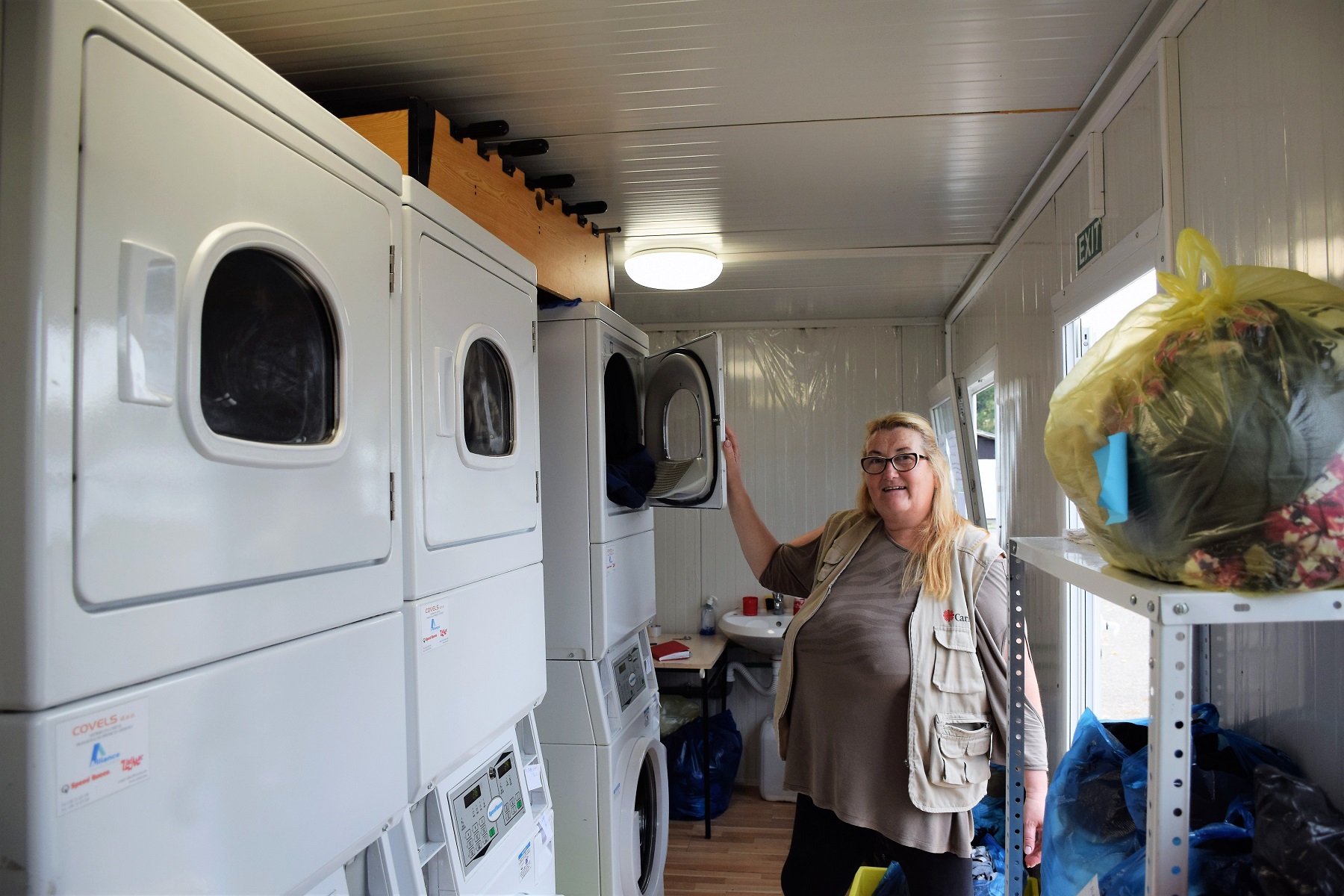

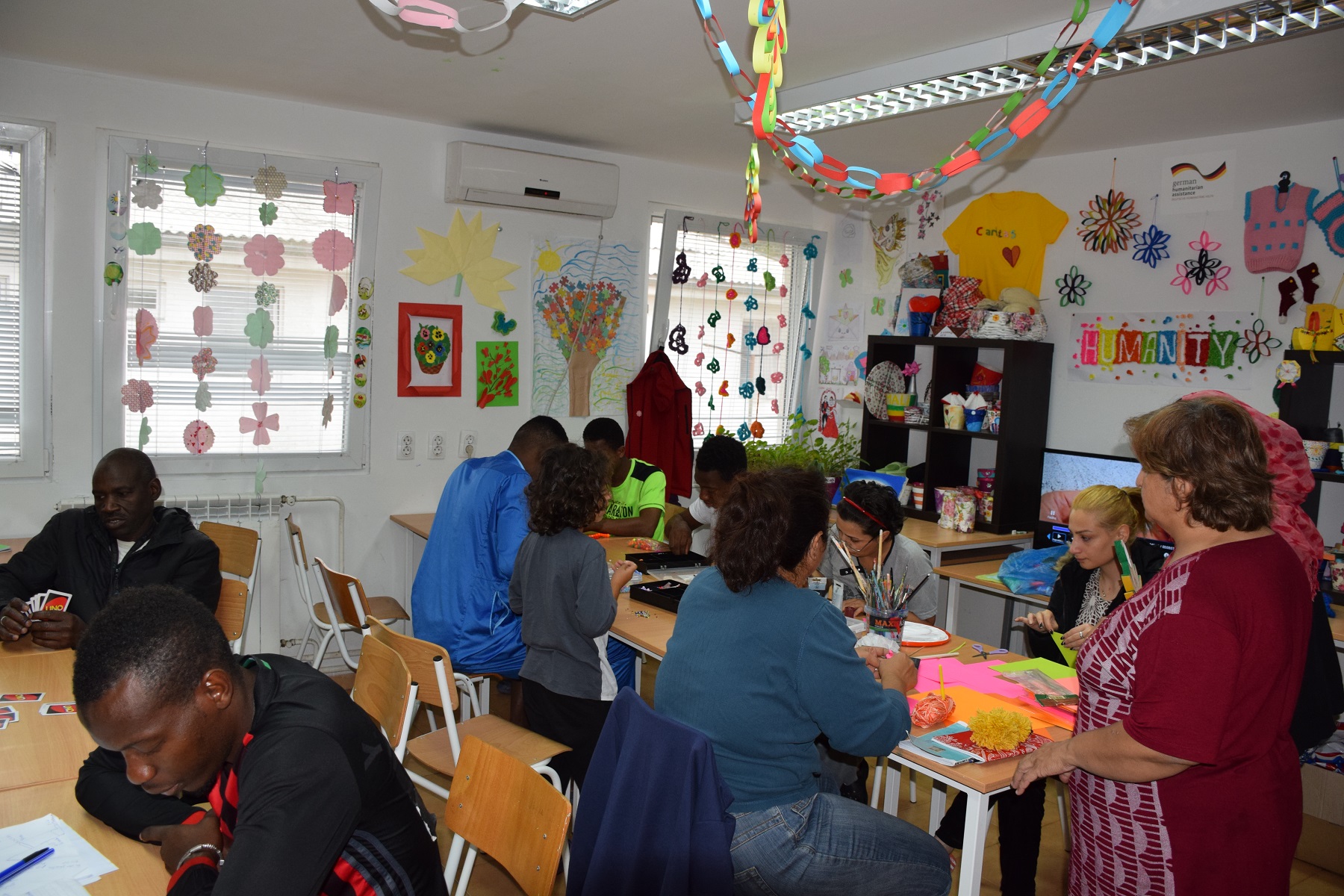
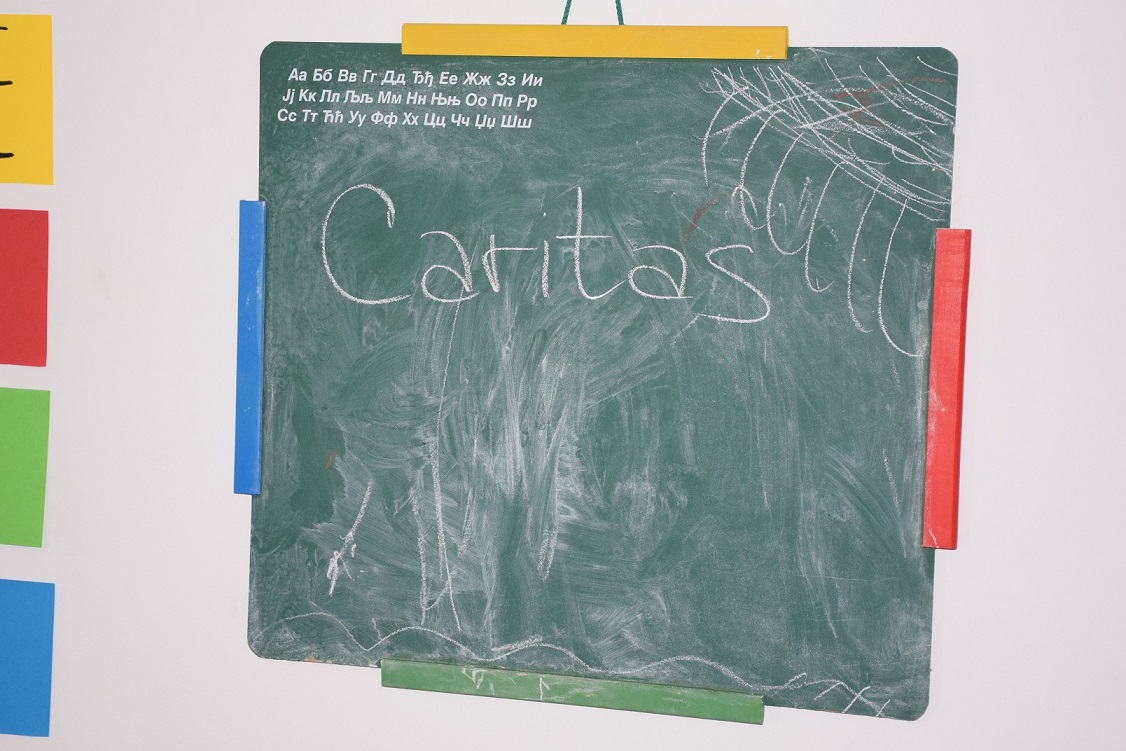

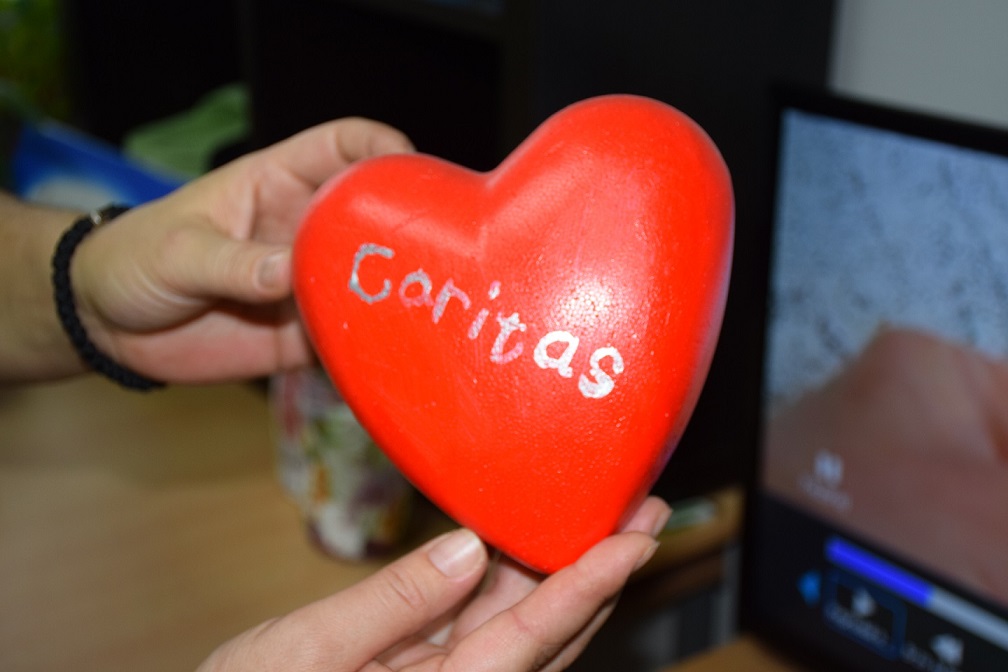

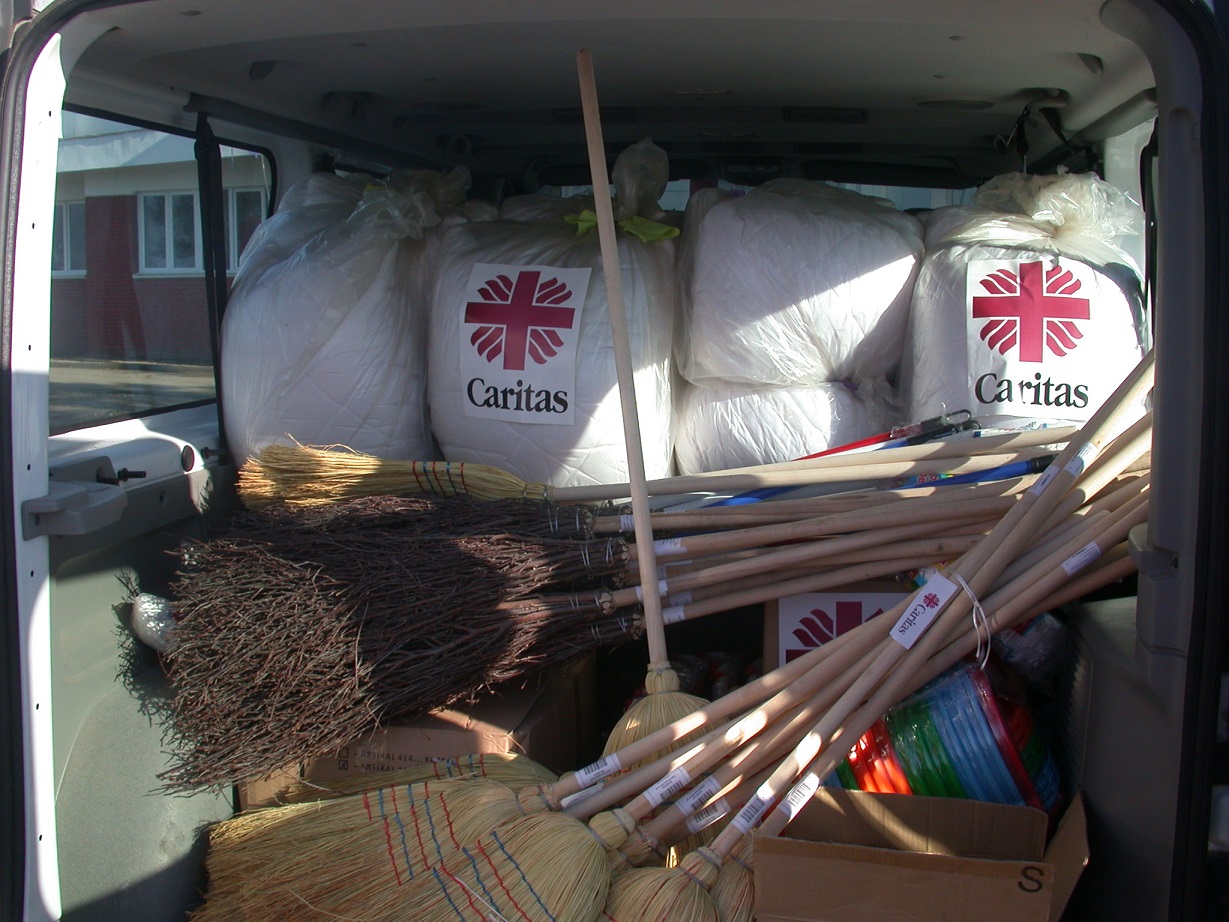
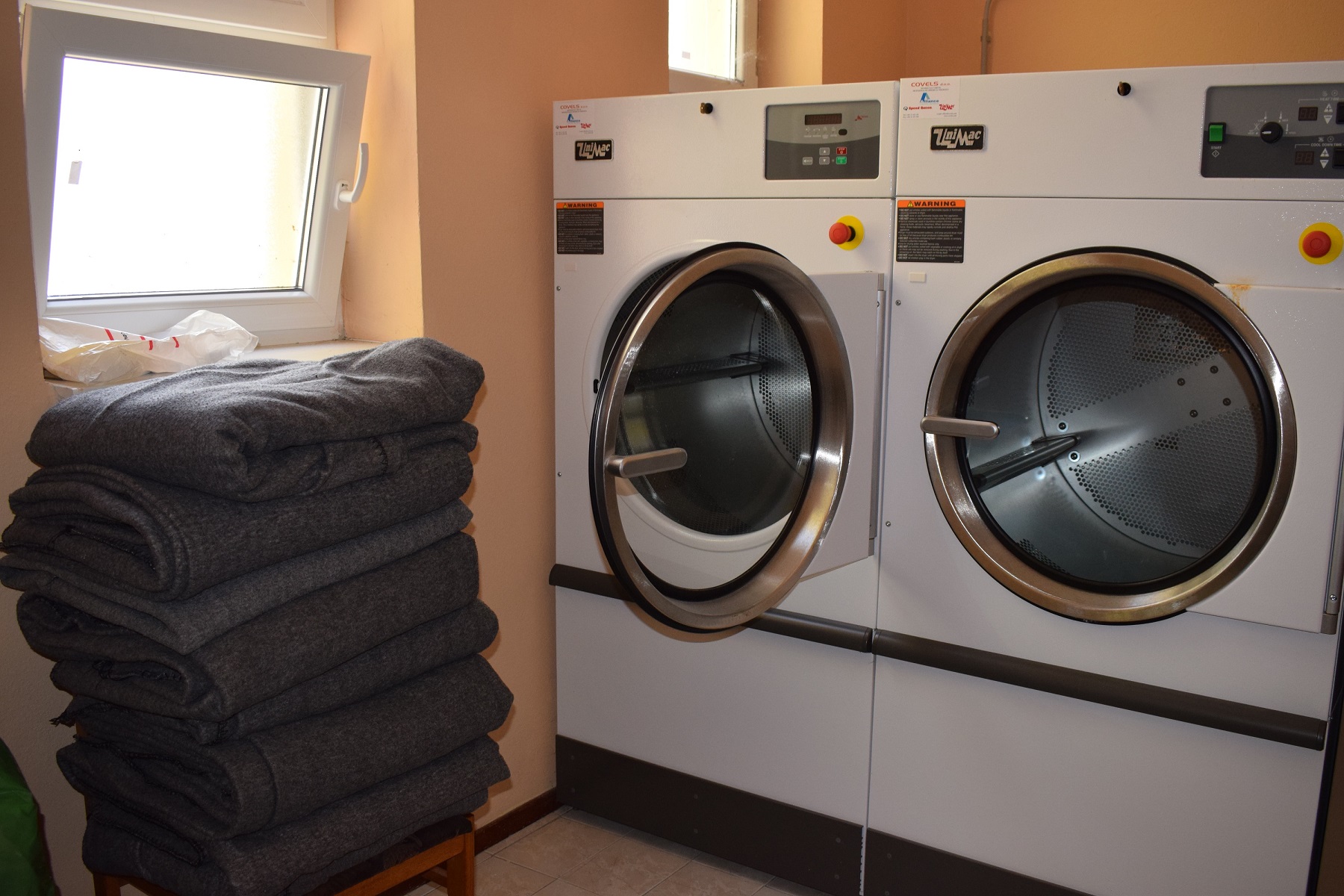
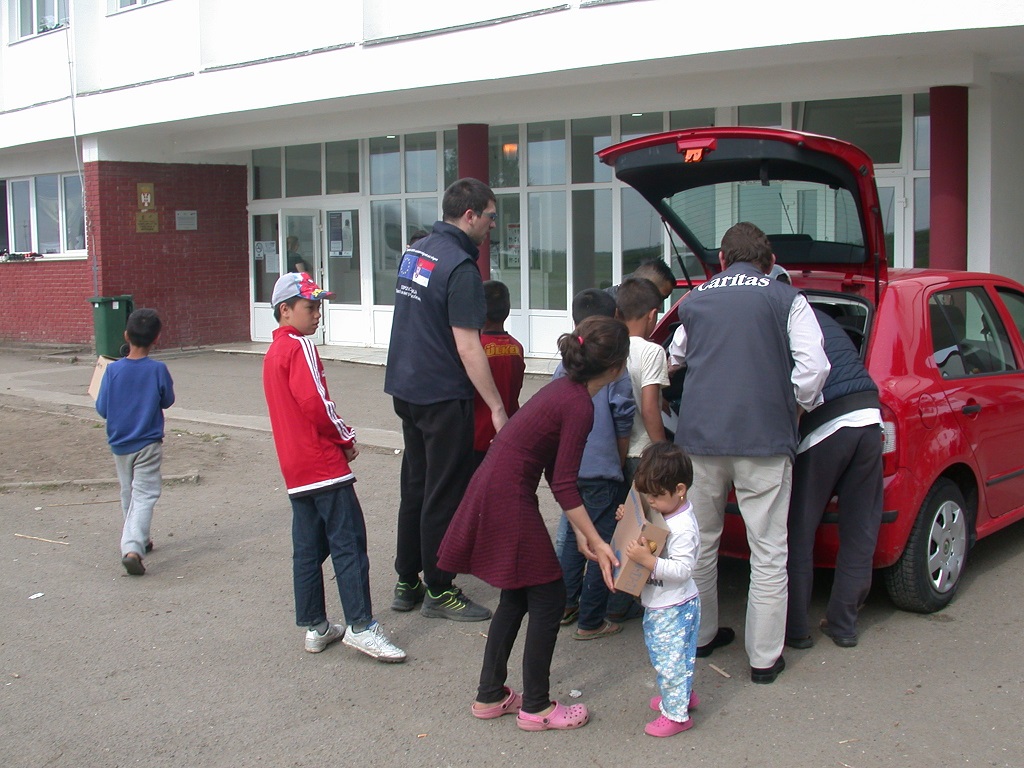






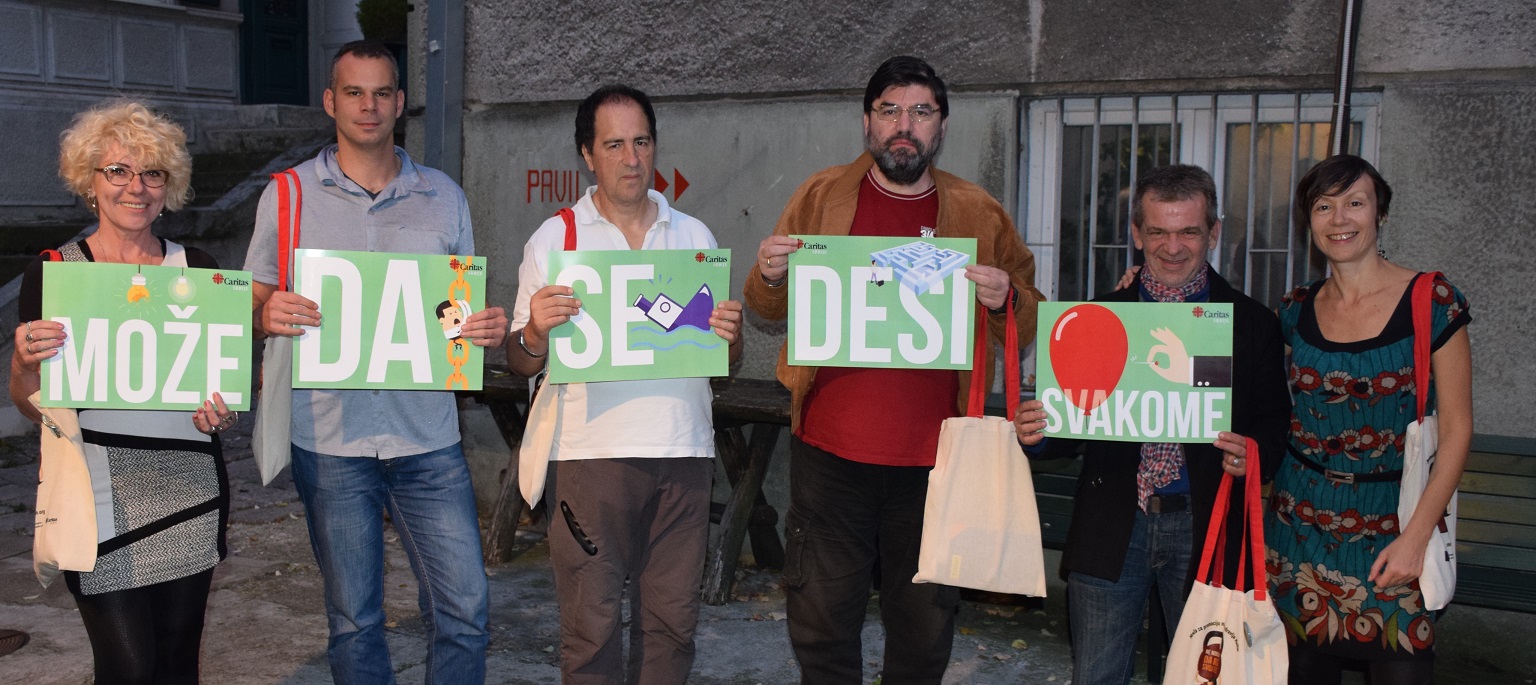
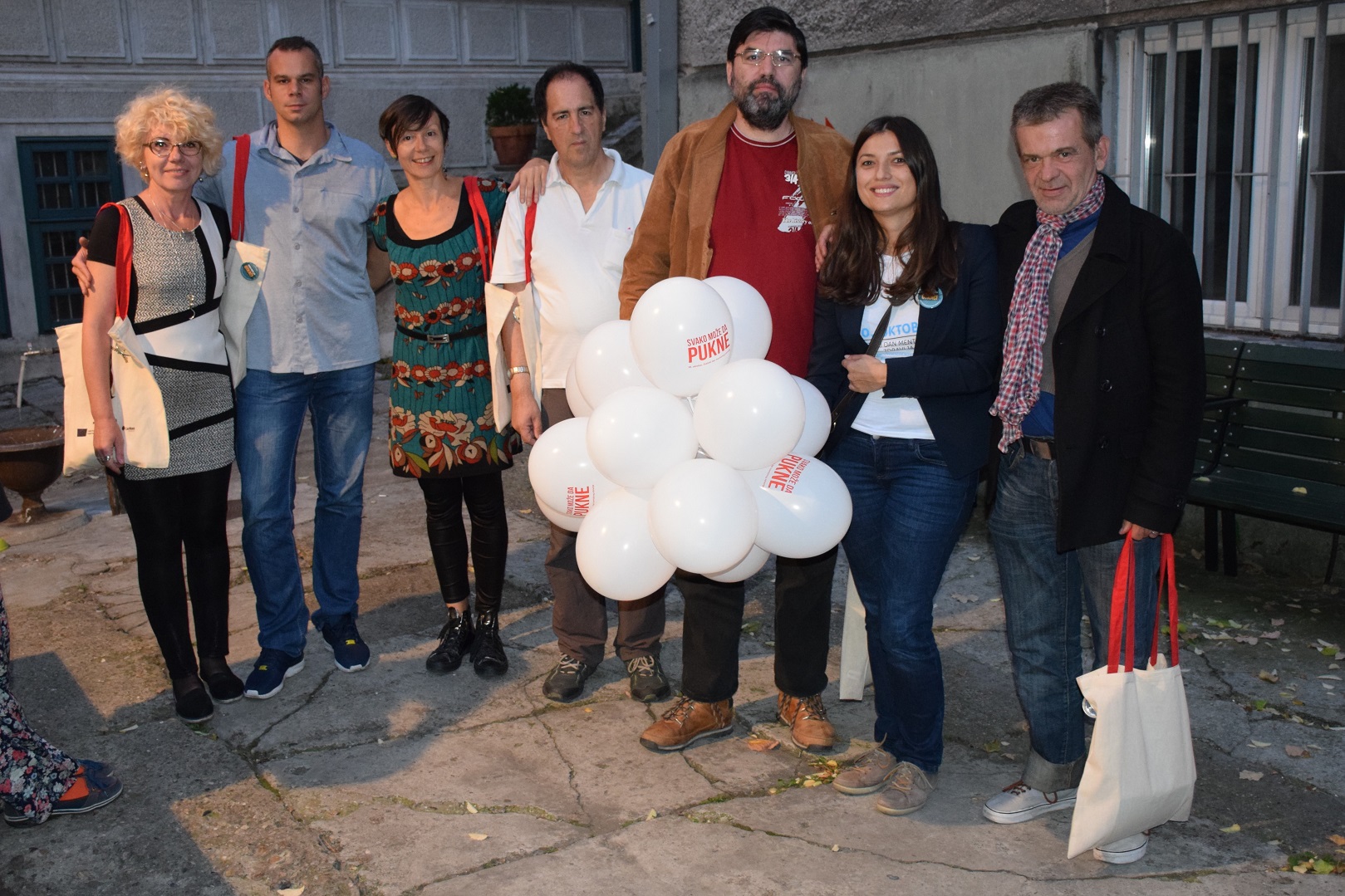
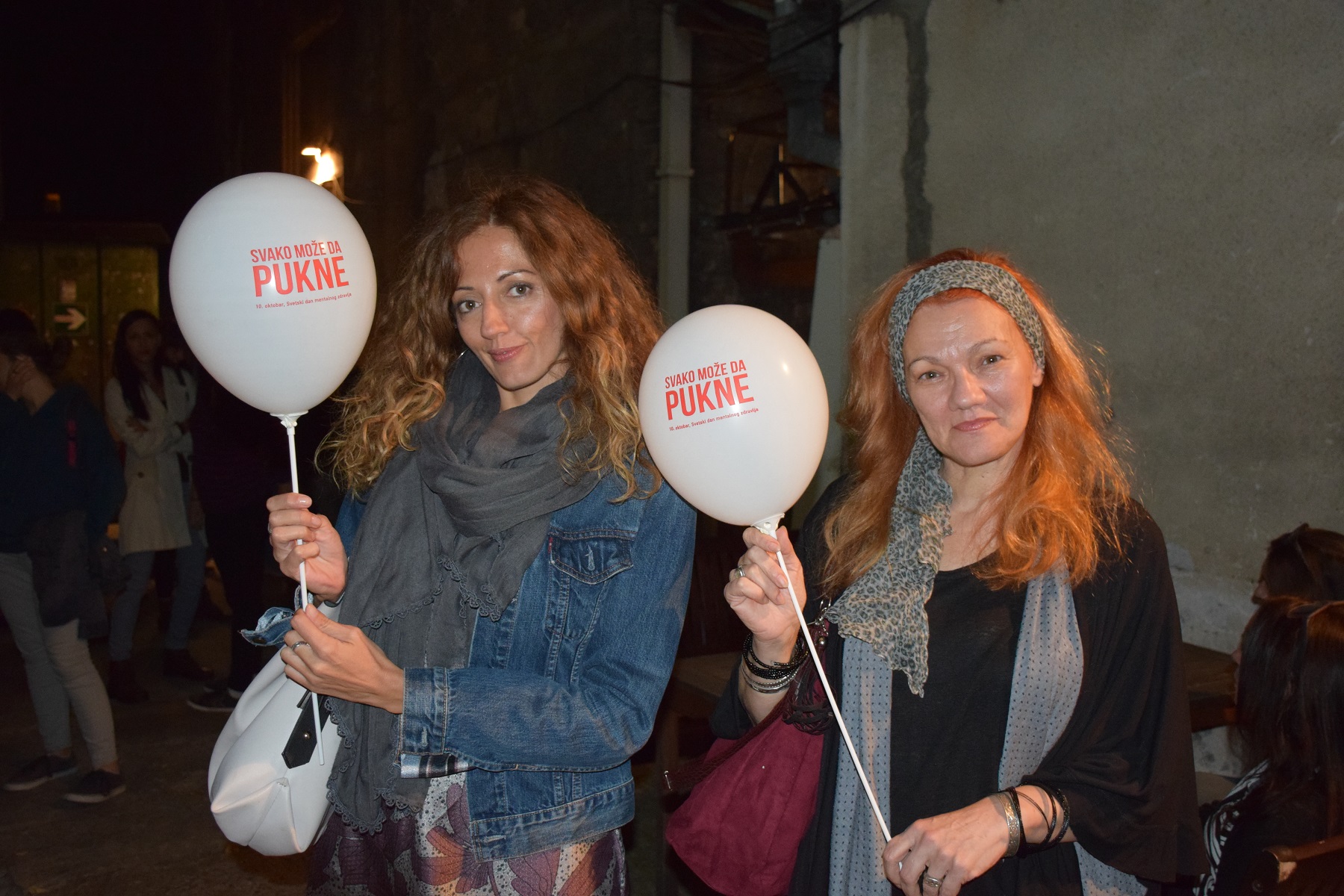

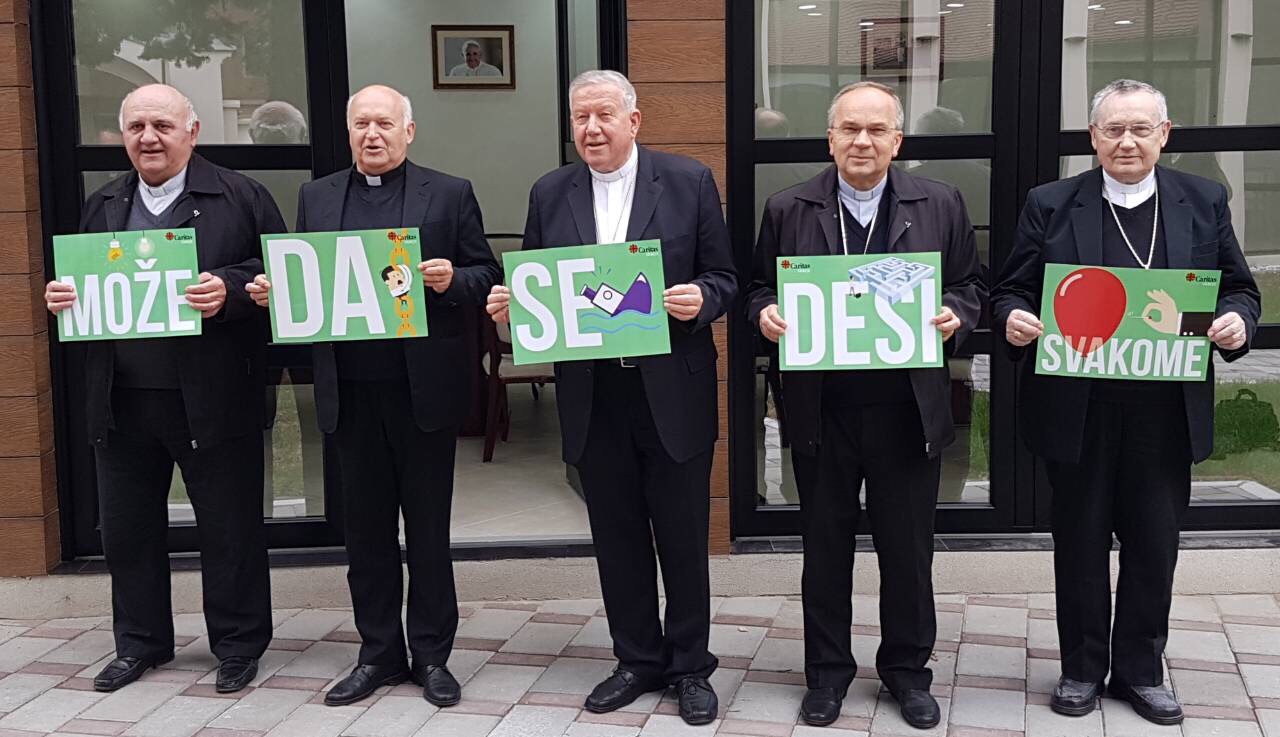
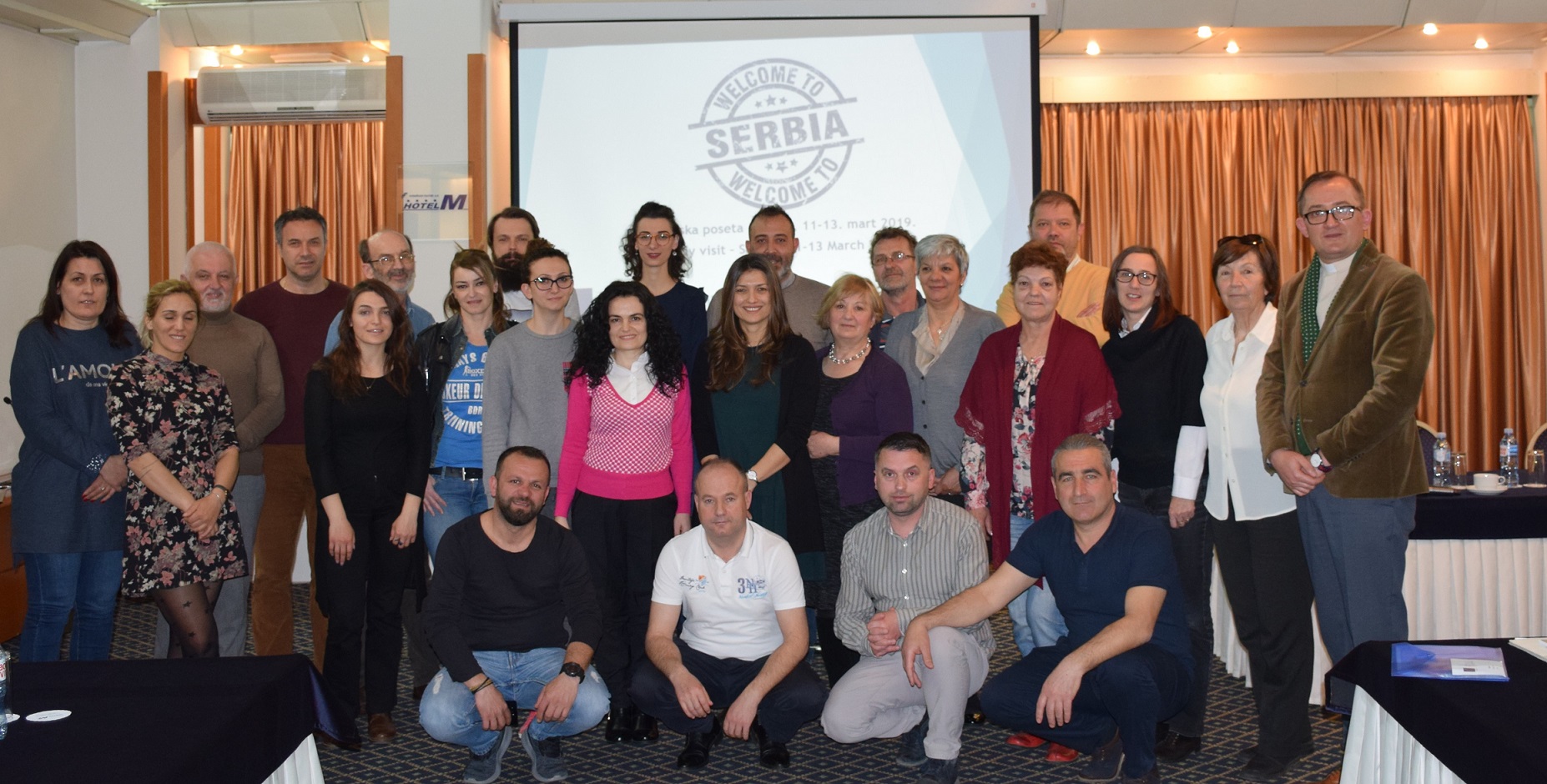
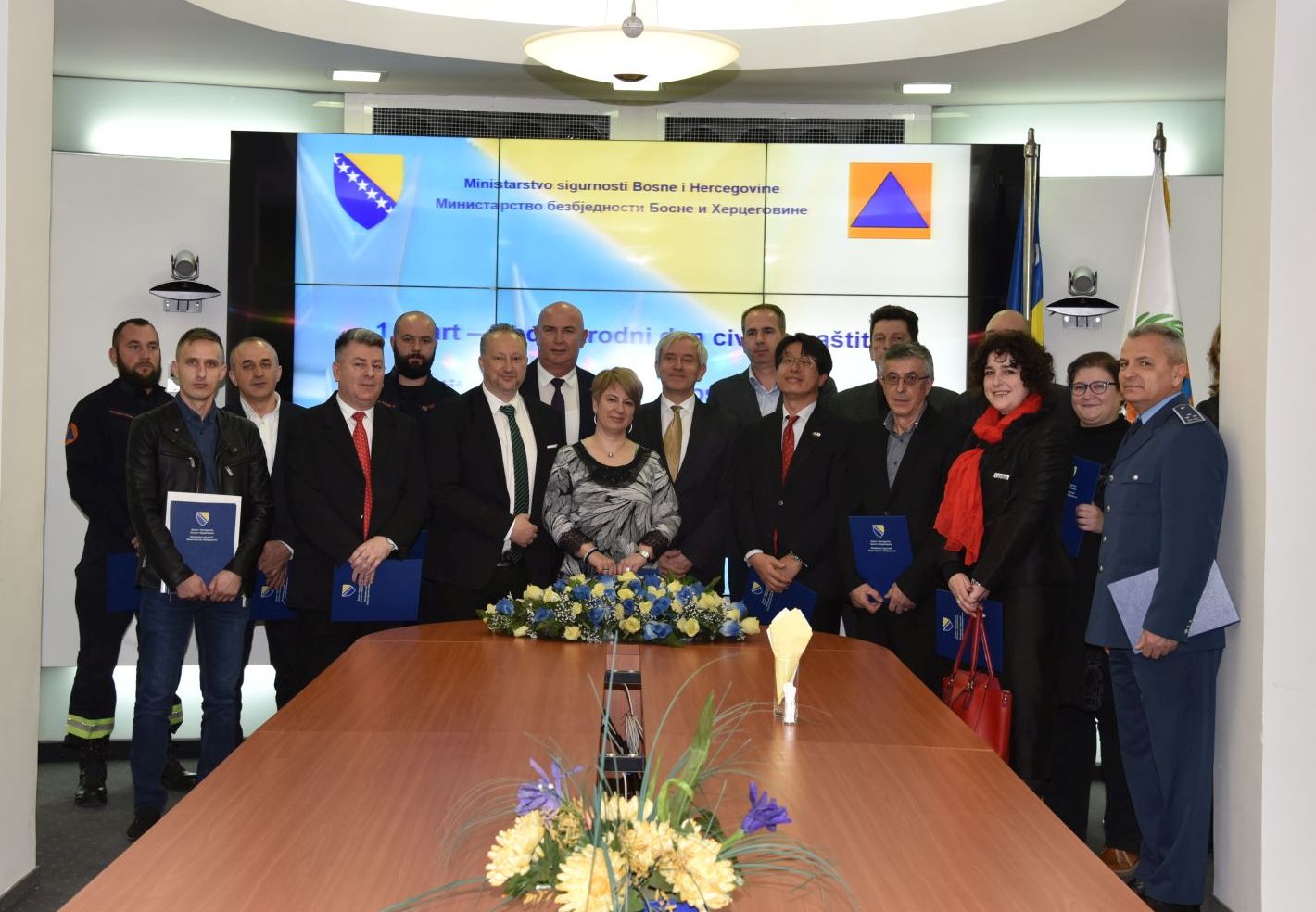

Recent Comments